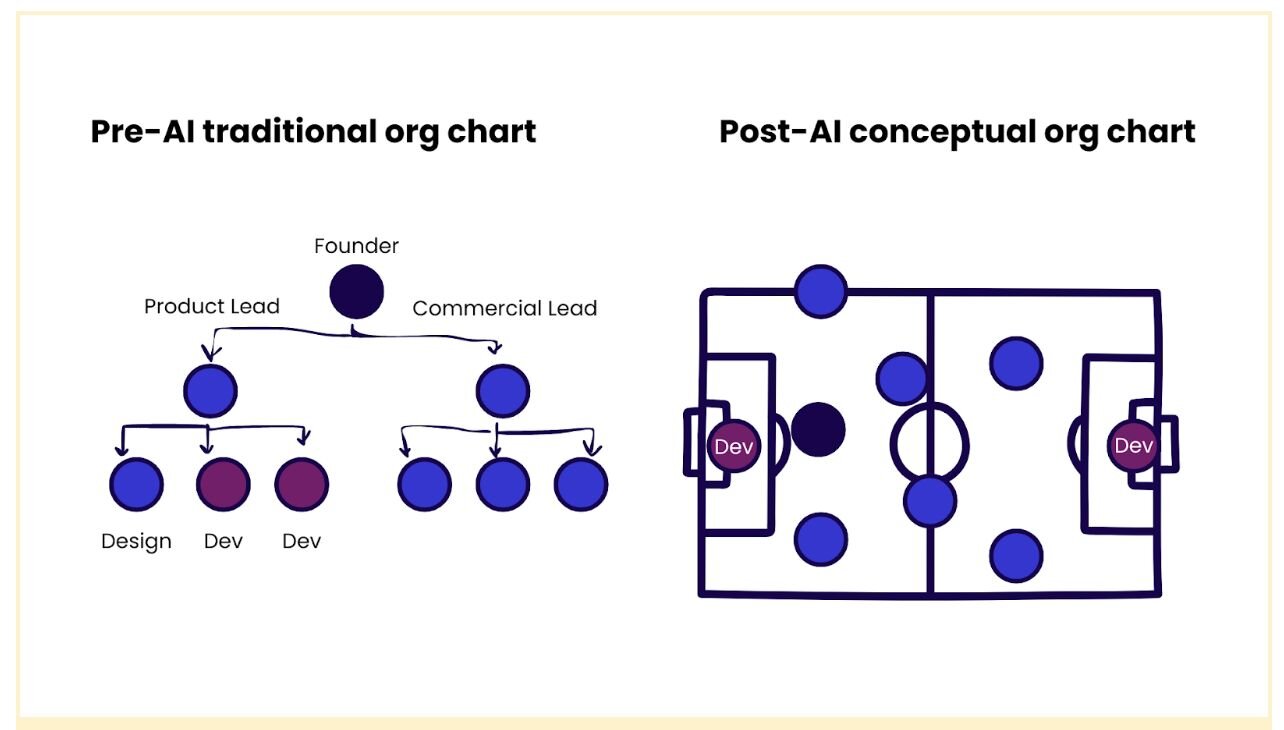It’s always interesting how often I’m asked the question, “What was your major in college?” It is a personal question that carries no risk of offense or polarization – a safe conversation starter that is often a good way to hear someone’s origin story.
Funny enough, people are often surprised when I tell them I was an English major. I get it – English majors have a stereotype of reading under a tree, debating poetry, sketching ideas – quite different from the intense, action-oriented work of a product manager. But the more I have worked with different product managers and product teams, the more I am convinced that an English degree grounds the individual for the role of product manager better than any other major.
What does an English degree offer that’s so unique and valuable to the product manager role? Here are the four most important skills:
Capacity to read and research well
English majors read…a lot. They don’t read for fun, they read with a purpose, typically to pull together thoughts and research to make a point – that’s why so many go into law, academics, or journalism. Upon graduation, I was able to read much faster than my first year – I was also able to be resourceful in seeking out other materials and data points to support my hypothesis (and this was before Netscape launched their browser). It is a familiar formula product managers follow forever: identify a problem/gap, build a hypothesis, research and test to reinforce your hypothesis, release small and make better.
Write a compelling persuasive argument
Conveying the value and impact of a product in a clear and compelling way can significantly influence the success of the product. English majors are trained to communicate effectively in writing and verbally in the classroom. They have a keen sense of language, grammar, and style, and can convey complex ideas in a simple and coherent manner. This skill is invaluable in product management, where the ability to articulate the features, benefits, and value of a product to various stakeholders is critical.
Customer empathy and storytelling
English majors are adept at creating stories that resonate with people. Product management is not just about building a product, but also about creating a narrative around the product that engages customers and stakeholders. English majors can craft a steady and evolving story about the customers, how the product is helping them, and what the product team is learning along the way. In doing so, product managers can create an emotional attachment to the product, and communicate that the product is a solution that truly addresses customer needs – not just a set of features.
Concise and effective communications
Through effective communications, product managers can create an asynchronous way for broader groups to follow progress. English majors can create engaging content that is easy to consume and understand, making it more likely that stakeholders will stay up-to-date on the product's progress. This not only saves time but also ensures that everyone is working towards the same north star and understands their roles and responsibilities. A good English major understands the value of constructive feedback and how to solicit this in a productive way ensuring that communications and storytelling are never a one-way narrative.
A lot has been written about the skills required to be a successful product manager. In the Product Management course I teach at General Assembly, I start off the course discussing this very topic and aligning the students around what their stakeholders will expect from this role:
| A product manager is… | A product manager is not… |
| A big-picture thinker | A project manager |
| Detail-oriented | A developer |
| Data-driven | Customer support |
| An expert on the market | The boss |
| The voice of the customers | An order taker |
| A leader (introvert or extrovert) | Passive |
| A collaborator | The only one with the answers |
Coming out of college, no one is ready to dive into this role. The complexity and maturity required takes time to develop. There are good entry-level roles that are natural feeders to a product management role, but it is important to remember that at this stage, your company is investing in you, and understands that you need time before you can really offer high value to the team. What you can bring right away, however, is drive, energy, and passion for solving your customers’ biggest problems.
Embrace your English major, and present your skills and training in a way that will hook your prospective employer. Not all companies will agree, and many will continue to require business or engineering degrees only.
For a long time, Google required product managers to have a BS degree; I made it to the final round of interviews in 2007 but they told me at the end that I just wasn’t technical enough. No matter – you want to be at a company where these skills are embraced and valued within their product positions. I’m a huge fan of associate product manager programs which offer a formal, entry-level role in product management with training, rotations and support.
Unfortunately not many programs like this exist, but don’t be afraid to take an adjacent entry-level role and work your way into the product position. Roles like a business analyst, project manager, customer support, and account management all offer great ways to know the business, customer and products.
After 2-3 years in that role demonstrating success, you’ll be a natural to slide into that product manager role when it’s posted. In the meantime, continue to hone those English skills and bring them to whatever role you start with…“Success is a science; if you have the conditions, you get the result". Good luck on your journey!







